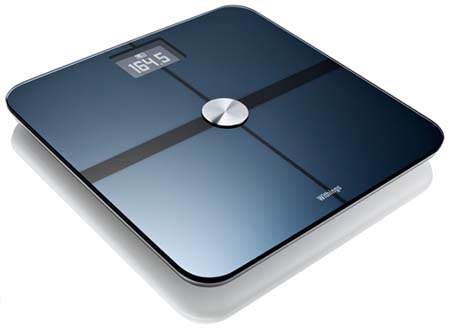Google launched Google Health in 2008. It was an ambitious project that perhaps got more up close and personal with users’ identities than any other Google service to date. Unsurprisingly, there weren’t a ton of people who wanted to manage their health records with Google, and Google ultimately decided to shut down the service.
In June of 2011, Google announced that it would shut down Google Health (along with PowerMeter). “Both were based on the idea that with more and better information, people can make smarter choices, whether in regard to managing personal health and wellness, or saving money and conserving energy at home. While they didn’t scale as we had hoped, we believe they did highlight the importance of access to information in areas where it’s traditionally been difficult,” the company said at the time.

The company also said users would be able to download their data from Google Health through January 1, 2013. Now, here we are, and that’s only a couple weeks away. Google has been kind enough to email users to let them know that time is running out. The company is sending around an email with the subject line: “Important Google Health service announcement – action required”.
Here’s what it says:
This is an important Google Health service announcement. You are receiving this email because you have an active Google Health account.
As we announced in June, 2011, the Google Health service will be discontinued as of January 1, 2013. After that date, any remaining data in your Google Health account will be permanently deleted, and you will no longer be able to access or download any data from Google Health.
If you want to keep using the data you have stored in Google Health, you will need to take action before December 31st, 2012 to download it or transfer it to another online health service. We’ve made this easy for you. All you have to do is:
– go to the Google Health site at https://health.google.com
– log in with your Google account
– follow the on-screen instructions to download your information and close your Google Health account.
For more information, see our help center article at http://www.google.com/support/health/bin/answer.py?hl=en&answer=1347989
Note that, if you log in to Google Health, and are not given an option to download your data, it means that you do not have any data stored in Google Health and you do not need to do anything more.
If you have not retrieved your Google Health data by January 1, 2013, it will be removed from Google’s systems and permanently and irrevocably deleted. Google will be unable to recover any Google Health data for any user after this date.
For more details on the discontinuation of Google Health, see our blog post at http://googleblog.blogspot.com/2011/06/update-on-google-health-and-google.html, and see answers to frequently-asked questions at http://www.google.com/intl/en/health/faq.html.
Note: you will continue to receive periodic service announcements as long as you have an active Google Health account. If you do not wish to receive further announcements, simply go to https://health.google.com and follow the process to download your data (if desired) and delete your Health account.
Thank you for your support and use of Google Health.
The Google Health Team
While not quite related, Google is now showing Knowledge Graph results for medication info.




![What’s Eating Google [Infographic]](https://dev.webpronews.com/wp-content/uploads/2023/01/pexels-photo-2041627-80x75.jpeg)



